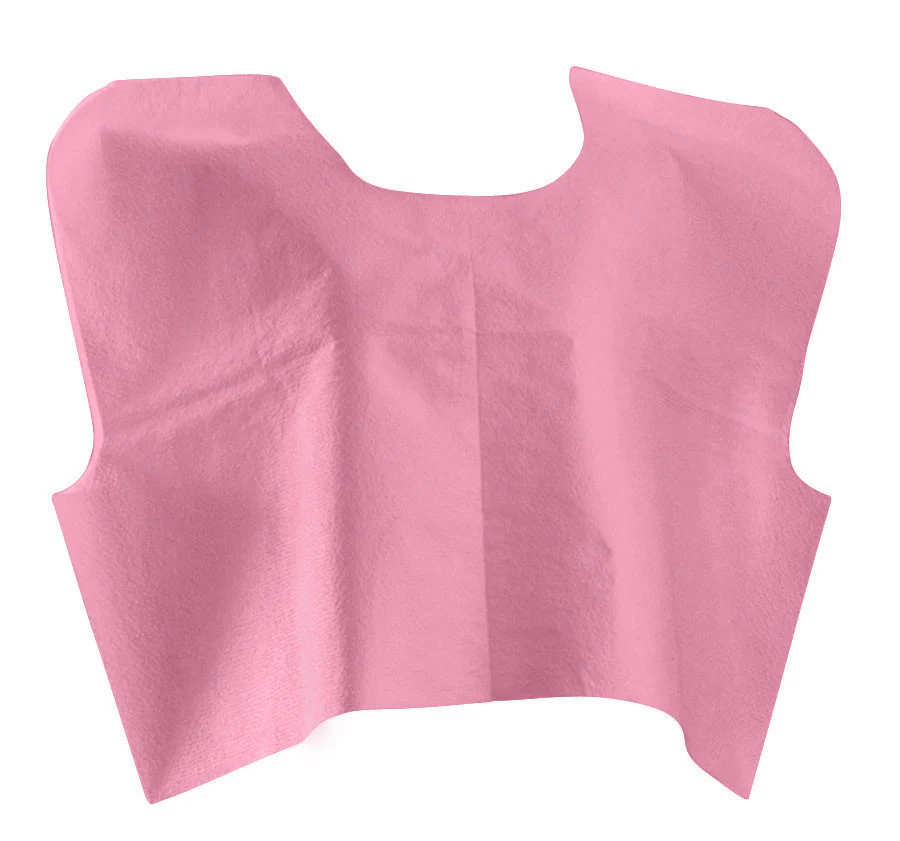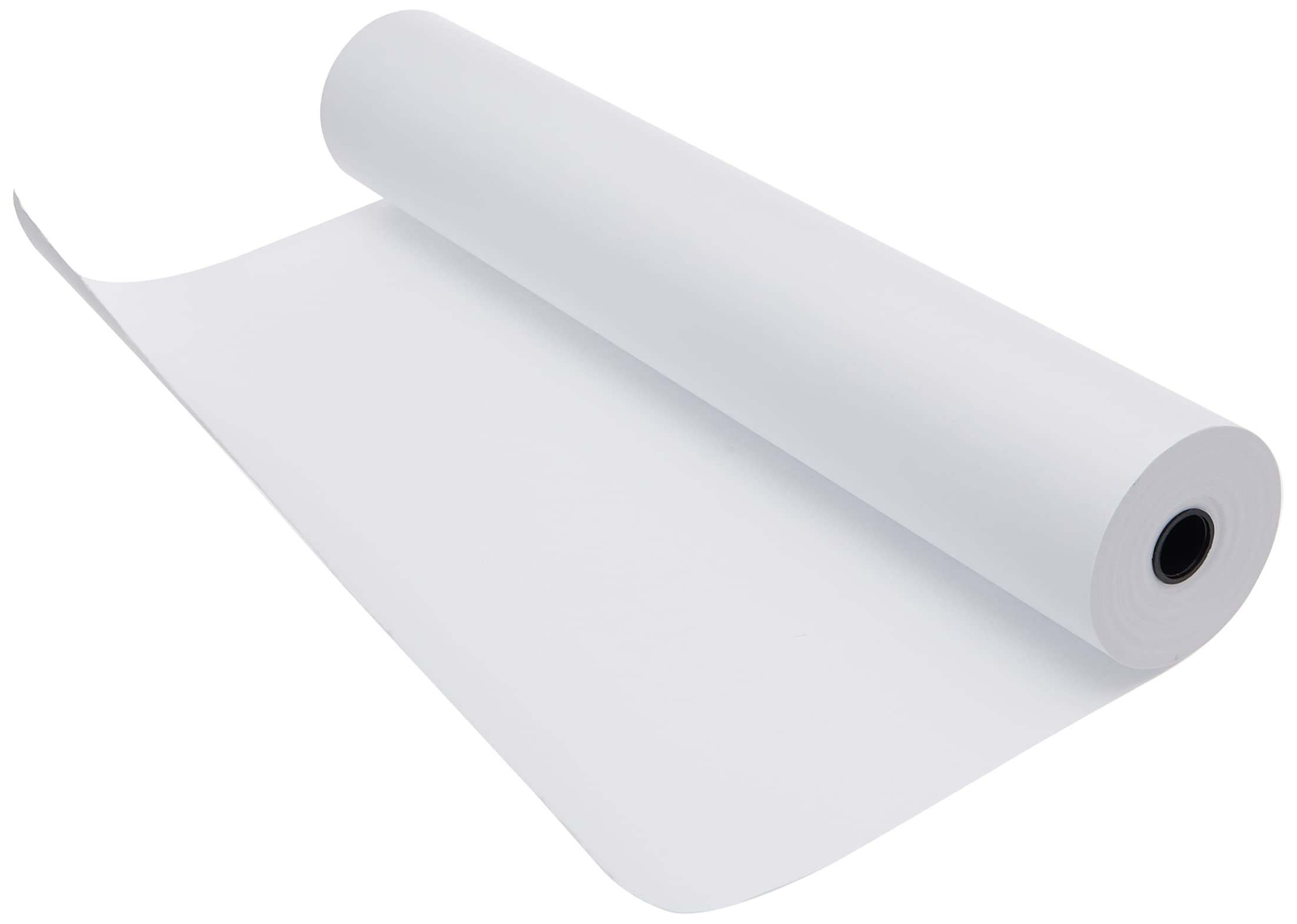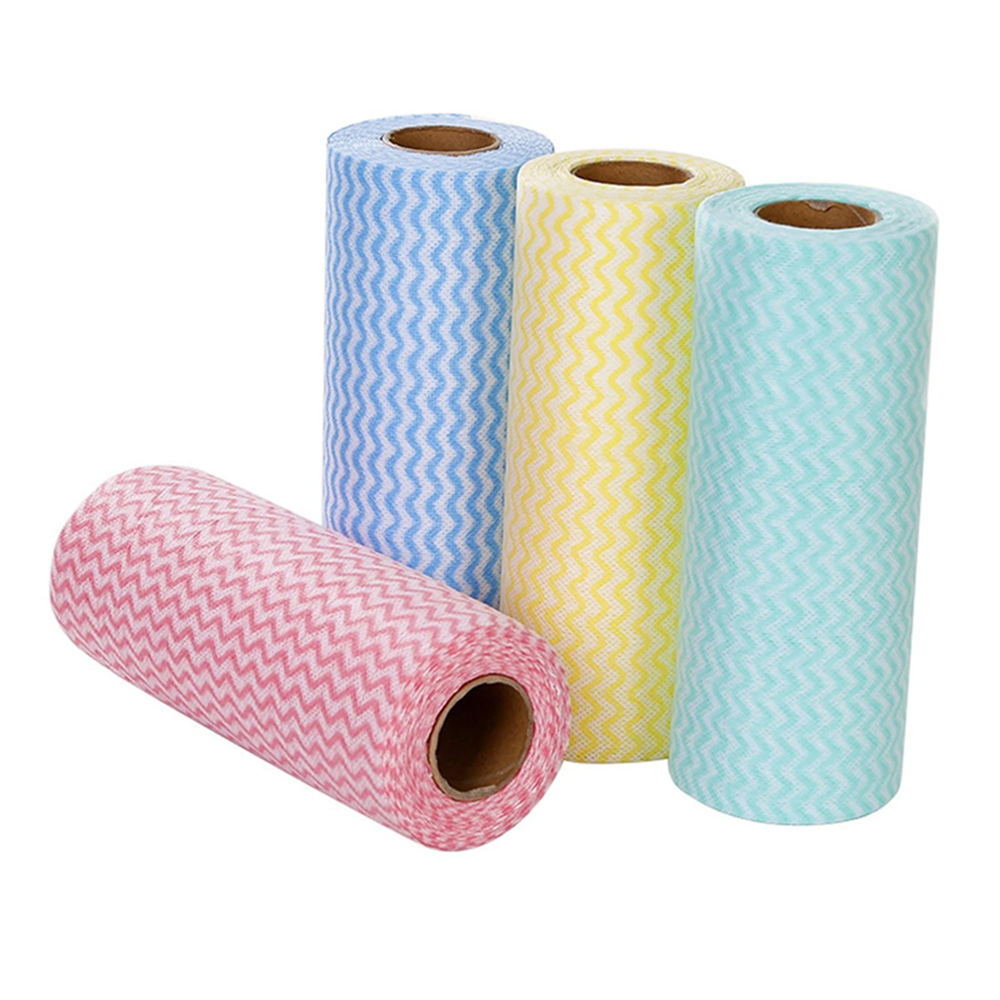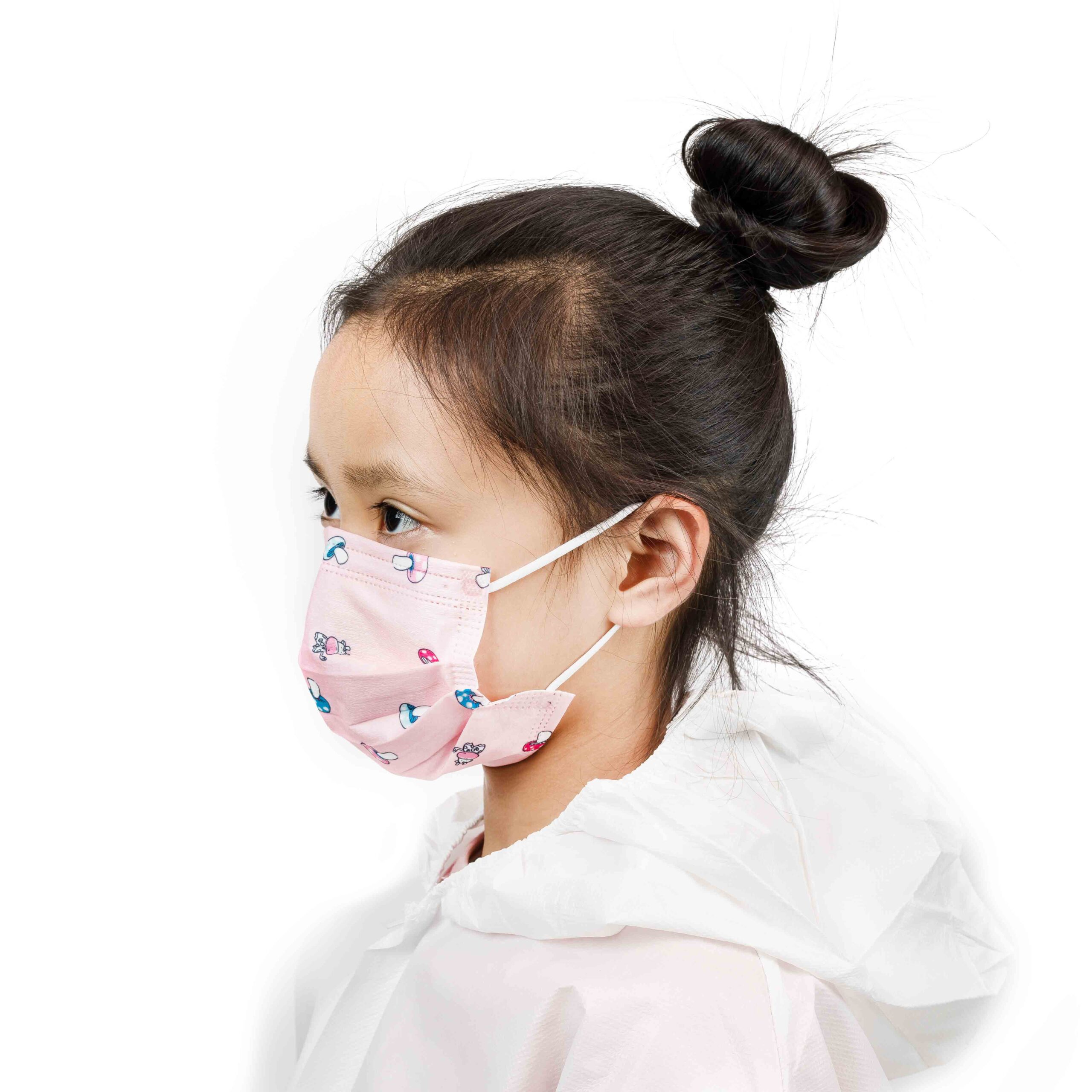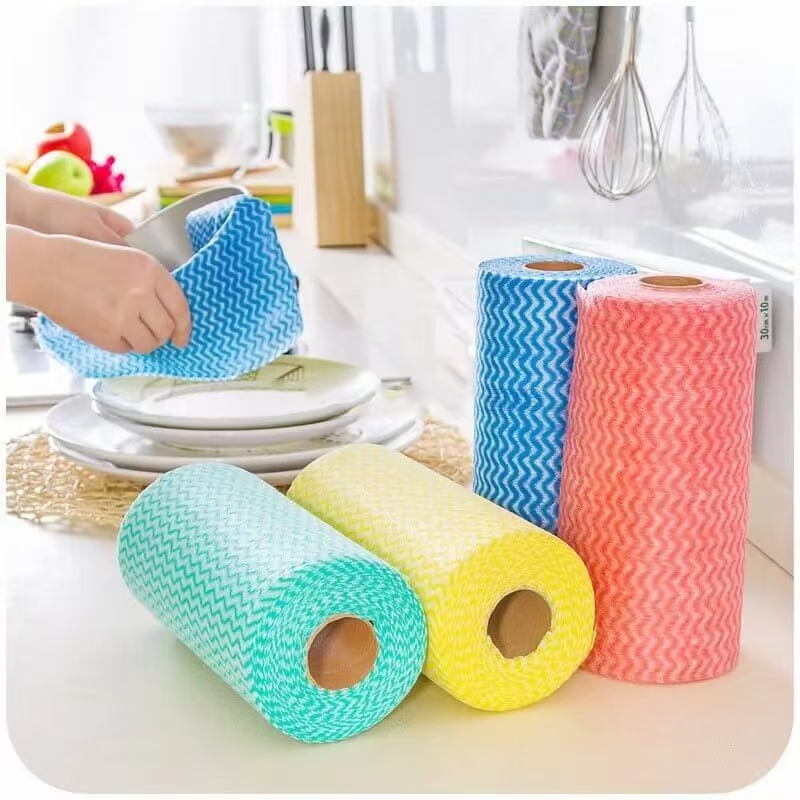Disposable aprons find widespread use across various industries due to their versatility and effectiveness in preventing cross-contamination and ensuring safety. Let’s explore the diverse range of professionals and settings where these protective garments and protective clothing are indispensable.
Healthcare Workers
Healthcare professionals, including doctors, nurses, and caregivers, rely heavily on disposable aprons to maintain infection control standards. These aprons act as a crucial barrier against bodily fluids, harmful substances, and potential contaminants. In hospitals and clinics, where the risk of exposure to blood or other bodily fluids is high, the use of disposable aprons is a standard practice.

Food Industry Personnel
In the food industry, where hygiene is paramount, disposable aprons play a pivotal role. Chefs, kitchen staff, and food handlers wear these aprons to prevent cross-contamination and ensure the safety of the food being prepared. The aprons act as a barrier, protecting both the wearer and the food from external contaminants, thereby upholding health and safety standards.

General Clinical Settings
Beyond specialized healthcare environments, disposable aprons find utility in general clinical settings. This includes outpatient clinics, diagnostic labs, and other medical facilities where professionals may come into contact with bodily fluids or hazardous substances. The use of disposable aprons ensures a consistent level of protection across diverse medical scenarios.

Industries Dealing with Hazardous Substances
Industries that handle hazardous substances, such as chemicals or materials that pose health risks, also incorporate disposable aprons into their safety protocols. These aprons act as a first line of defense against accidental exposure, offering personnel a reliable means of protection in environments where contact with harmful substances is a concern.
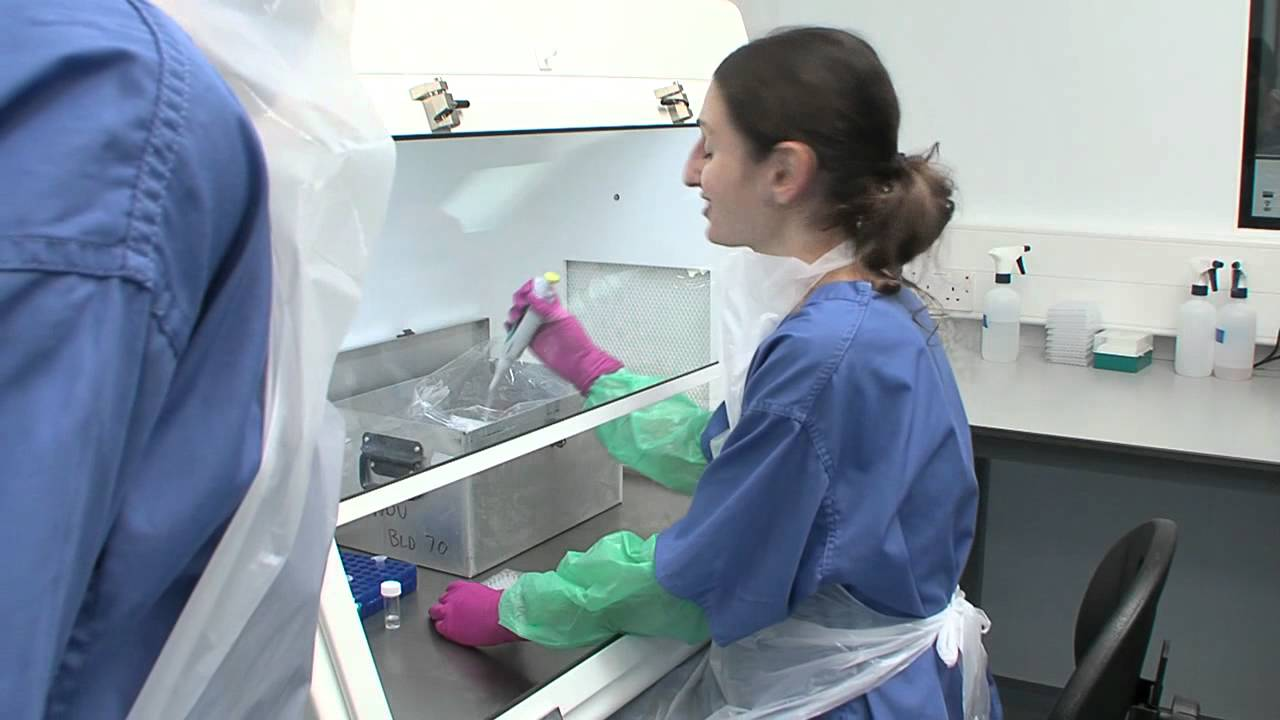
Types of Disposable Aprons
When it comes to disposable aprons, there are various types designed to cater to specific needs and preferences. Understanding the distinctions between these types is crucial for selecting the most appropriate option based on the intended use.
Plastic Aprons
Plastic aprons are a common choice due to their affordability and effectiveness in providing a protective barrier. They are widely used in environments where the risk of contamination is moderate and can be easily disposed of after use. The plastic material offers resistance to fluids and provides a practical solution for short-duration tasks.
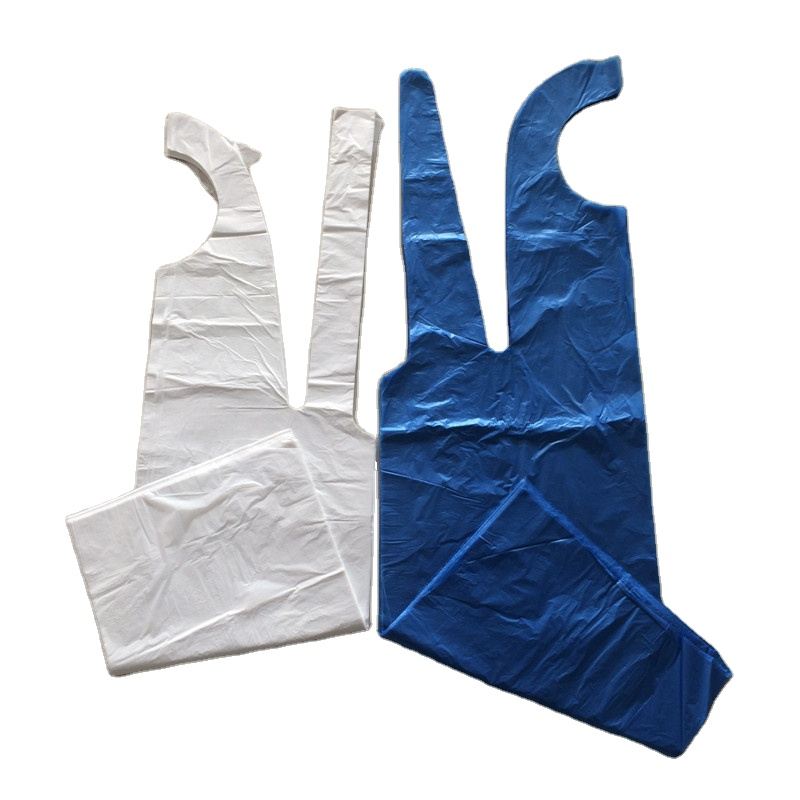
Single-Use Plastic Aprons
Single-use plastic aprons are designed for one-time use and are prevalent in healthcare settings. They are ideal for situations where minimizing the risk of cross-contamination is critical. After use, these aprons are disposed of in designated hazardous waste bins, contributing to infection control practices.
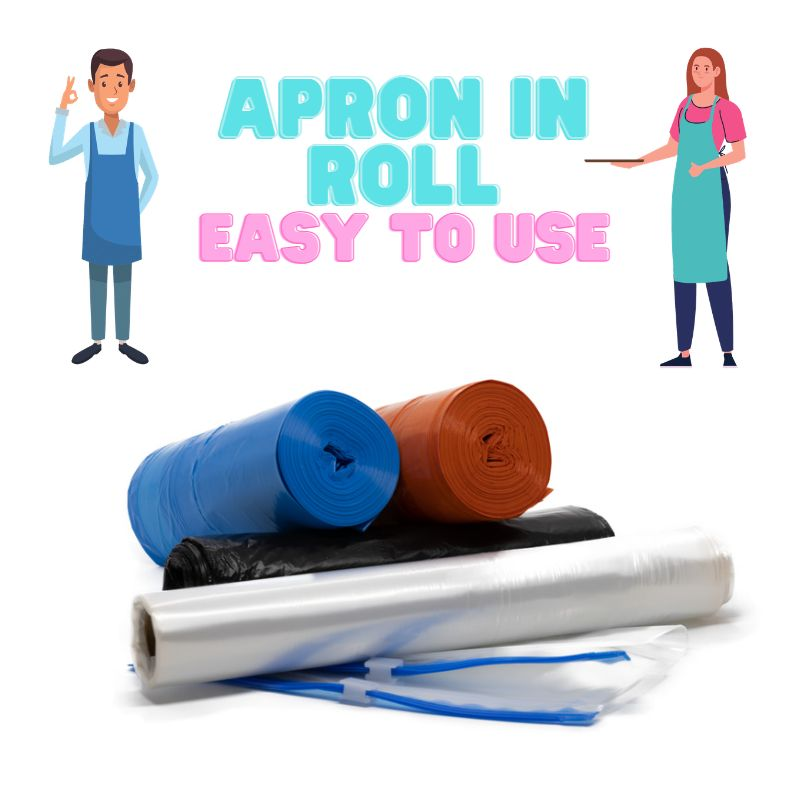
Reusable Aprons
While disposable aprons dominate certain settings, reusable aprons have their own niche. Industries with lower contamination risks may opt for reusable aprons, which are made from durable materials. Proper cleaning and disinfection processes ensure that these aprons can be used multiple times, making them a more sustainable option in certain contexts.

Key Features of Disposable Aprons
Understanding the key features of disposable apron is essential for assessing their suitability in different scenarios. These features contribute to the overall effectiveness of the apron in providing protection against bodily fluids, harmful substances, and potential contaminants.
Waist Straps and Ties
Disposable aprons typically come with waist straps or ties, allowing the wearer to secure the apron comfortably. The proper fastening of the apron ensures a snug fit, reducing the risk of contamination. It is crucial for healthcare professionals and workers in other industries to follow correct donning procedures to maximize the protective benefits of the apron.
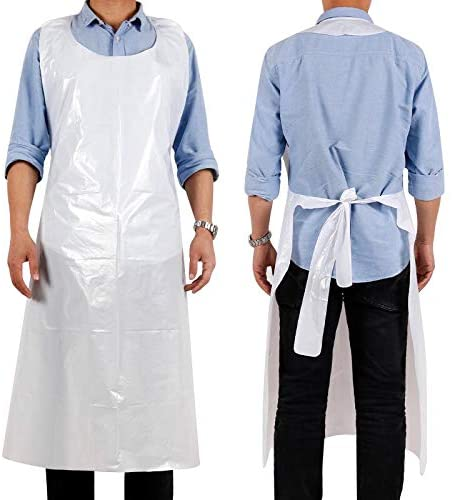
Material Used
The material composition of disposable aprons varies, with common options including polyethylene or polypropylene. These materials offer resistance to fluids and provide a reliable barrier against contaminants. The choice of material depends on the specific requirements of the task and the level of protection needed.
Protection Against Bodily Fluids and Harmful Substances
Disposable aprons are designed to offer protection against a range of hazards, including bodily fluids and harmful substances. The impermeable nature of the material prevents liquids from penetrating the apron, safeguarding the wearer from potential exposure. This feature is especially critical in healthcare settings and industries dealing with hazardous materials.
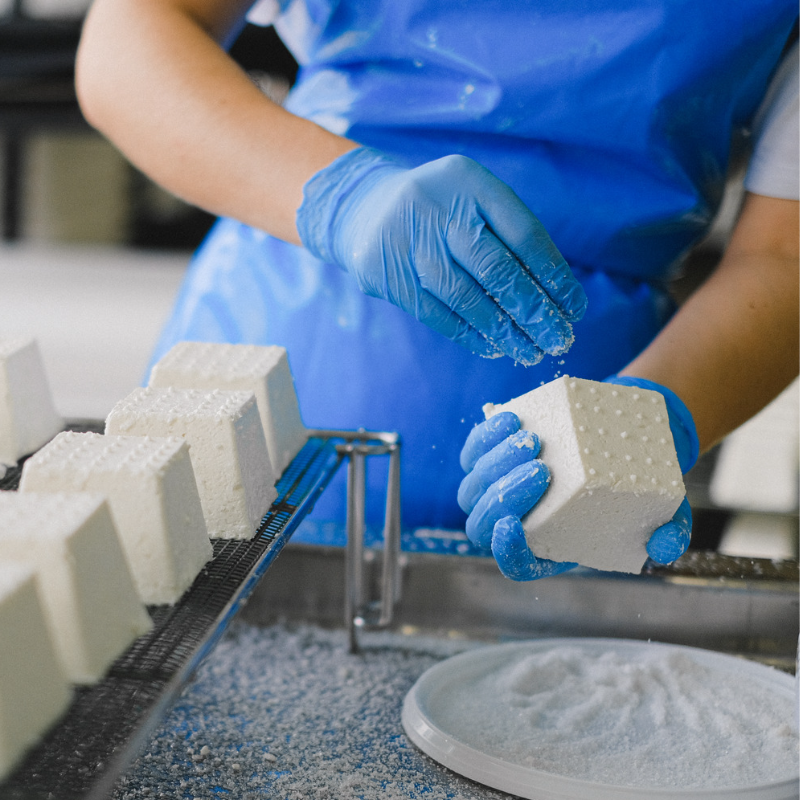
Importance of Disposable Aprons in Healthcare
In healthcare settings, the use of disposable aprons is integral to maintaining strict infection control measures and ensuring the safety of both healthcare professionals and patients. Let’s delve into the specific ways in which disposable aprons contribute to health and safety in medical environments.
Infection Control
One of the primary roles of disposable aprons in healthcare is to control the spread of infections. Healthcare workers often come into contact with patients’ bodily fluids, which can carry infectious agents. Disposable aprons act as a barrier, preventing these fluids from reaching the outer clothing of the healthcare professional and minimizing the risk of cross-contamination.

Preventing Healthcare-Associated Infections
Healthcare-associated infections (HAIs) pose a significant risk in medical facilities. The proper use of disposable aprons helps mitigate this risk by creating a protective layer between the healthcare worker and potential sources of infection. By adhering to strict hygiene standards and utilizing disposable aprons, healthcare facilities can significantly reduce the incidence of HAIs, enhancing overall patient safety.
Handling Blood and Bodily Fluids Safely
In medical procedures involving blood draws, surgeries, or patient care, the potential for exposure to blood or bodily fluids is high. Disposable aprons provide an additional layer of protection, ensuring that healthcare workers can perform their duties without compromising their own safety. This is especially crucial in emergency situations where rapid and effective protection is paramount.
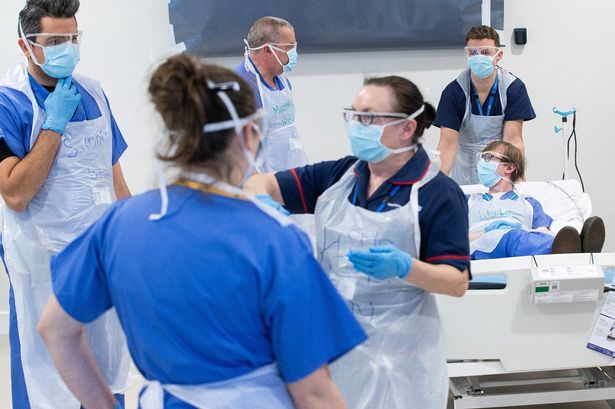
Disposable Aprons in the Food Industry
The food industry places a premium on hygiene and safety, and disposable aprons are essential in maintaining these standards. Let’s explore how these aprons play a vital role in ensuring the integrity and safety of food products.
Cross Contamination Prevention
Contamination in food processing can have severe consequences, including the spread of foodborne illnesses. Disposable aprons act as a frontline defense, preventing the transfer of contaminants from workers to the food and vice versa. This is particularly critical in areas where different food products are processed simultaneously, reducing the risk of cross-contamination.
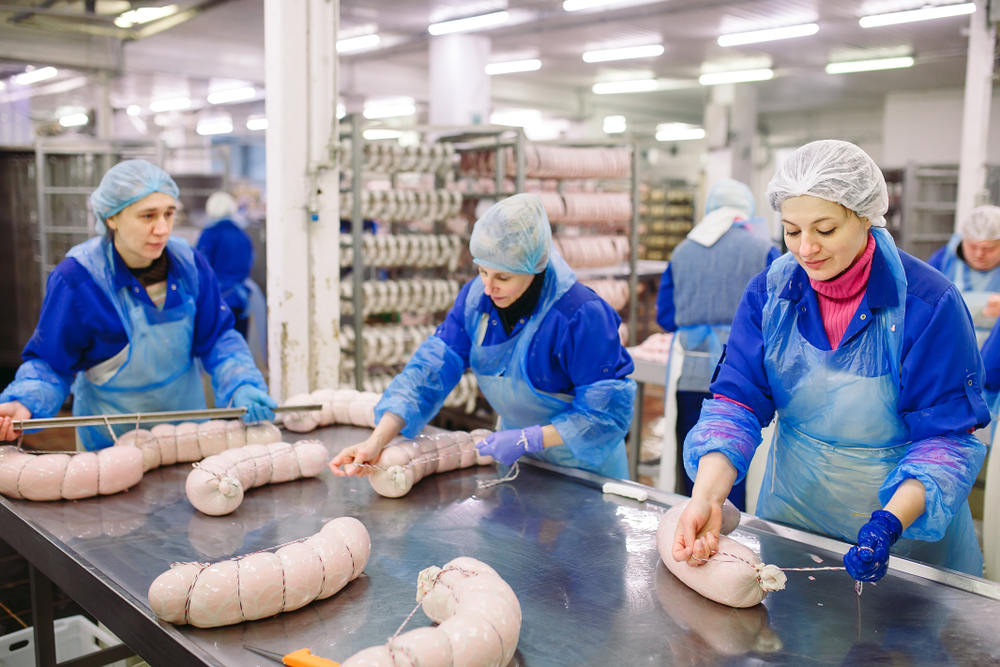
Protection During Food Processing
Food processing involves various tasks, from chopping vegetables to handling raw meat. Disposable aprons shield workers from direct contact with food products, minimizing the risk of contamination. This is not only crucial for consumer safety but also for maintaining the reputation and compliance of food establishments with health and safety regulations.
Disposal in Hazardous Waste Bin
After use, disposable aprons should be disposed of in designated hazardous waste bins. These bins are specifically designed to contain potentially contaminated materials, reducing the risk of environmental exposure. Healthcare facilities, food establishments, and other industries must adhere to local regulations regarding the disposal of hazardous waste.
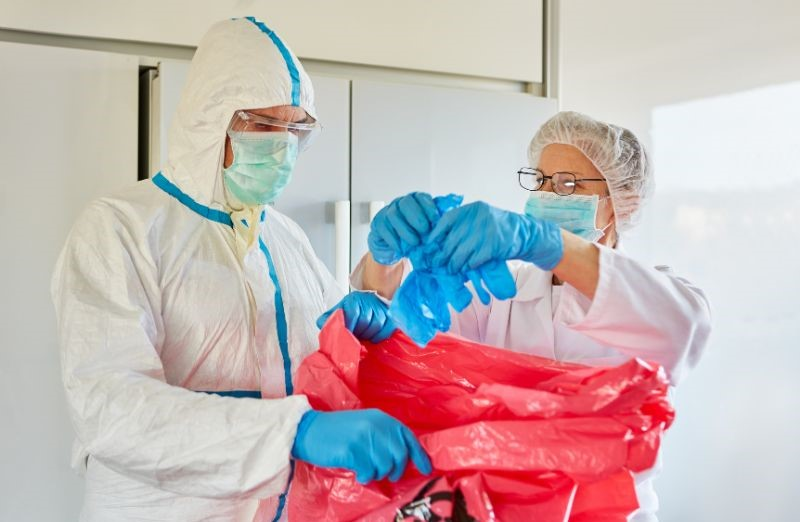
Health and Safety Aspects
In certain scenarios, such as medical emergencies or foodborne illness outbreaks, disposable aprons offer a hygienic and efficient solution. Their quick deployment and disposal contribute to maintaining health and safety standards without compromising on protection. Reusable aprons, on the other hand, require meticulous cleaning to ensure they are free from contaminants, posing challenges in fast-paced environments.
Incorporating Disposable Aprons in Different Areas
The versatility of disposable aprons extends to various sectors, including healthcare facilities, food processing units, and industrial settings. Let’s explore how these aprons are incorporated into different areas to ensure safety and hygiene.
Healthcare Facilities
In healthcare facilities, disposable aprons are an integral part of personal protective equipment (PPE). They are worn during patient care, surgeries, and any procedures involving potential exposure to bodily fluids. The use of disposable aprons aligns with stringent infection control measures, protecting both healthcare professionals and patients.
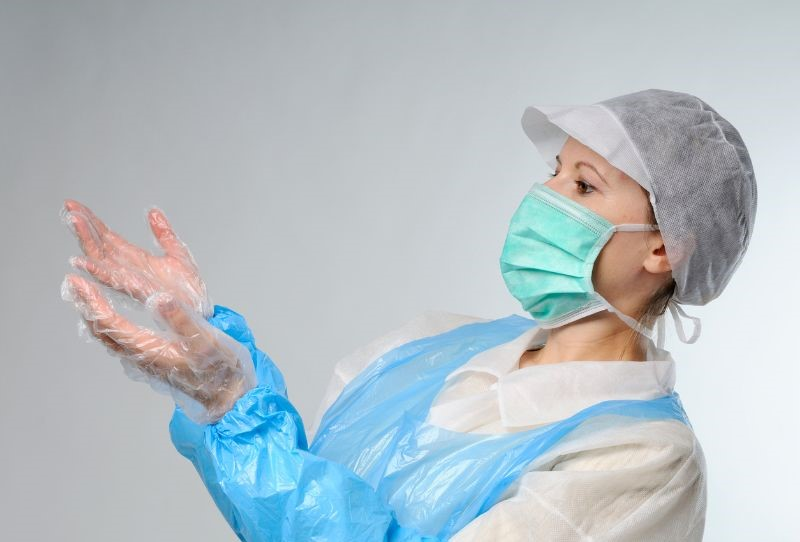
Food Processing Units
Food processing units, including restaurants and food manufacturing plants, rely on disposable aprons to maintain a hygienic environment. From food handlers to chefs, wearing aprons is a standard practice to prevent cross-contamination and uphold food safety standards. Regular changes of aprons during different stages of food preparation contribute to a consistently safe process.
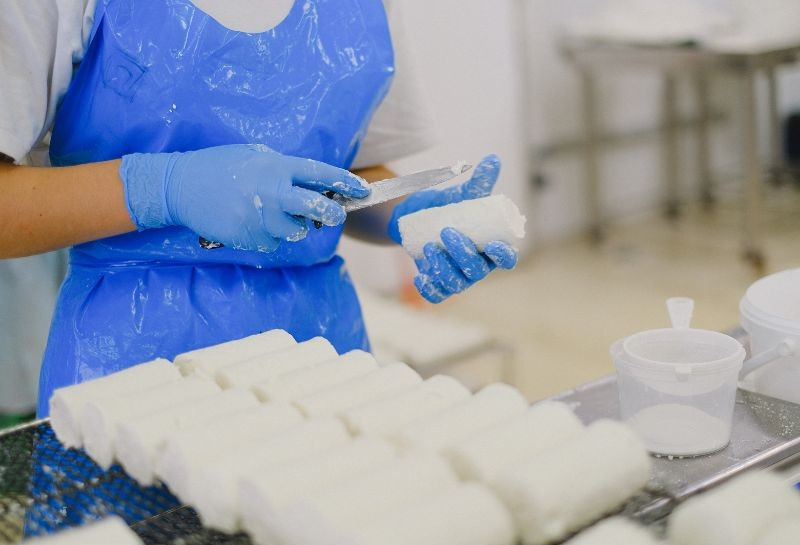
Industrial Settings
Industries dealing with hazardous substances prioritize the use of disposable aprons to protect workers from potential exposure to chemicals and harmful materials. Whether handling toxic substances or participating in tasks that pose contamination risks, workers in industrial settings benefit from the reliable barrier provided by disposable aprons. The disposable nature of these aprons ensures that workers can discard them after tasks involving hazardous materials, preventing the transfer of contaminants from the workplace to other areas.
Range of Disposable Apron Options
Manufacturers offer a range of disposable apron options to cater to diverse needs. Whether a particular industry requires heavy-duty aprons for protection against industrial chemicals or lighter aprons for general use, the availability of different options allows for customization based on the specific hazards faced in different work environments.
Conclusão
In conclusion, the use of disposable aprons is widespread and vital across various industries, including healthcare, food, and manufacturing. These aprons serve as a fundamental tool in preventing cross-contamination, ensuring the safety of workers and maintaining hygiene standards. From protecting against bodily fluids in healthcare settings to preventing cross-contamination in the food industry, disposable aprons play a versatile and critical role.
FAQs
- Are disposable aprons environmentally friendly?
- Disposable aprons, especially those made from biodegradable or recyclable materials, offer more environmentally friendly options. However, the overall impact depends on proper disposal practices.
- Can reusable aprons be as effective as disposable ones?
- Reusable aprons can be effective, but they require thorough cleaning and disinfection. The choice between disposable and reusable depends on specific use cases and sustainability considerations.
- Do disposable aprons provide protection against hazardous substances?
- Yes, disposable aprons are designed to provide a protective barrier against a range of hazards, including chemicals and harmful substances, especially in industrial settings.
- How often should disposable aprons be changed in healthcare settings?
- In healthcare, apron changes depend on the level of contamination risk and the specific task. Regular changes, especially after exposure to bodily fluids, are recommended.
- What steps should be followed for proper disposal of disposable aprons?
- Disposable aprons should be disposed of in designated hazardous waste bins following proper removal procedures to minimize the risk of contamination during disposal.
- Disposable aprons should be disposed of in designated hazardous waste bins following proper removal procedures to minimize the risk of contamination during disposal.



